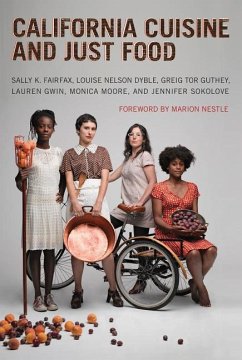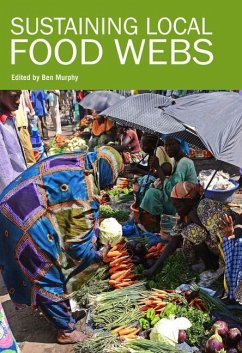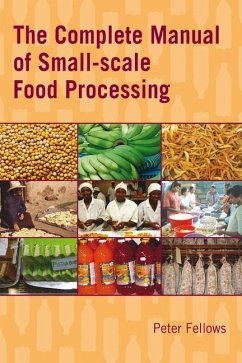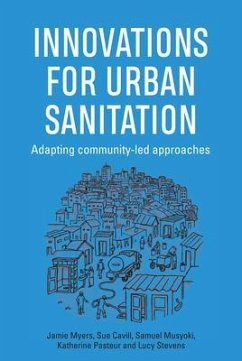Nicht lieferbar
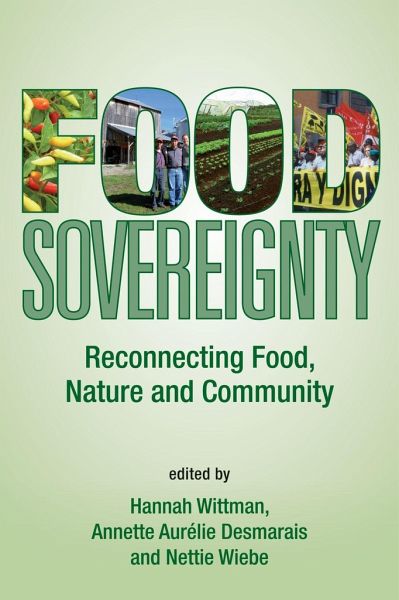
Food Sovereignty: Reconnecting Food, Nature & Community
Versandkostenfrei!
Nicht lieferbar
Around the world, people are resisting the environmental, social and political destruction perpetuated by the industrial agricultural system. This resistance has led to a new and radical agricultural practice amongst peasant and farmer organizations: food sovereignty. Food sovereignty aims to provide for the food needs of all people while respecting the principles of environmental sustainability, local empowerment and agrarian citizenship. Concerned not only with local food production but also with fundamental social change, food sovereignty aims to transform the industrial agricultural system...
Around the world, people are resisting the environmental, social and political destruction perpetuated by the industrial agricultural system. This resistance has led to a new and radical agricultural practice amongst peasant and farmer organizations: food sovereignty. Food sovereignty aims to provide for the food needs of all people while respecting the principles of environmental sustainability, local empowerment and agrarian citizenship. Concerned not only with local food production but also with fundamental social change, food sovereignty aims to transform the industrial agricultural system. Bringing together internationally recognized experts in the field, this book critically engages contemporary debates concerning food sovereignty while exploring new research directions. This exceptional collection examines the historical rise of the industrial agricultural system, outlines the environmental and social consequences of this system and gives voice to the peasant movements that are planting the seeds of a revolution that could fundamentally alter our relationship with food - and with each other. This book advocates for the ideology and practice of food sovereignty world wide as the means to achieve a system that will provide for the food needs of all people. The current neo-liberal industrialized, market-driven food system certainly does not achieve that goal, as is most obviously indicated by the growing levels of hunger in the world especially among marginalized populations in both the North and South. In particular, it is among the world's most numerous farmers (what we in the North call the family farm) that hunger is the most pressing. The dramatic conversion of agricultural land into production of bio-fuel rather than food, while millions go hungry, is the one of the most glaring contradictions of the industrial, market model of food organization. The UN-endorsed goal of food security will likely fall short of the mark as well, as dependence on the market and the corporate model of food production and distribution is maintained. The authors of this book describe the recent emergence and the parameters of a food system that puts the levers of food control in the hands of those who are both hungry and produce the world's food - farmers, not corporate executives. As the authors show in both conceptual and case study terms, food sovereignty promises not only increased production of food, but also food that is safe, food that reaches those who are in the most need, and agricultural practices that respect the earth.




